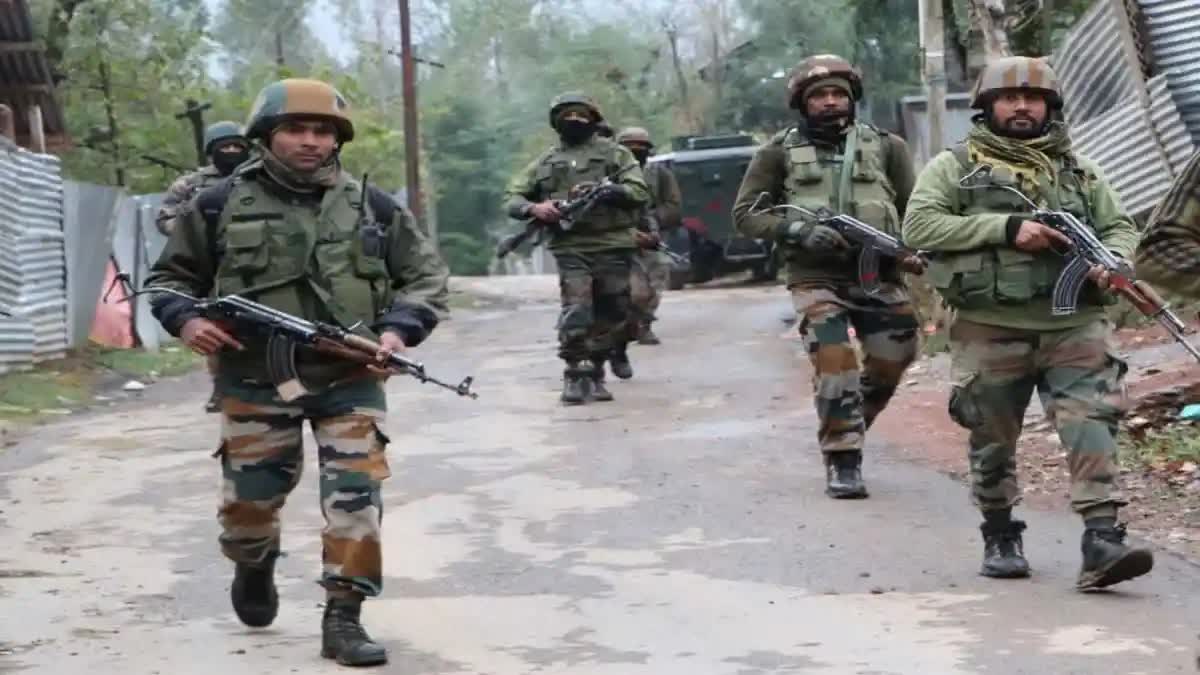Srinagar (Jammu and Kashmir): In a significant development regarding the state of Jammu and Kashmir, Home Minister Amit Shah recently hinted at two major initiatives aimed at transforming governance in the region. Shah claimed that assembly elections will be conducted in the region by September, alongside plans for the repeal of the Armed Forces Special Powers Act (AFSPA). According to Shah, this move will involve a phased withdrawal of military presence, with responsibility for maintaining law and order transitioning to the Jammu and Kashmir Police.
Emphasizing the collaborative efforts between the Jammu and Kashmir Police and central paramilitary forces, Shah praised the commendable work being undertaken by the state police force in conjunction with central paramilitary units. He further indicated that in areas where the military withdraws, the Central Reserve Police Force (CRPF), the largest central paramilitary force in the country, could assume control. This decision stems from the CRPF's extensive deployment history in the region and its proven track record in counter-terrorism operations, particularly through its Quick Action Teams (QAT).
A CRPF official highlighted that the majority of anti-terrorism operations in Jammu and Kashmir are led by the Indian Army's Rashtriya Rifles (RR), with support from the CRPF and the Jammu and Kashmir Police. Over the past two years, both the central government and the Jammu and Kashmir administration have deliberated on reducing the number of military personnel in a phased manner.
Statistics reveal a significant decline in both terrorist activities and ceasefire violations in recent years. Ceasefire violations, which numbered 70 incidents two decades ago, have dwindled to just two in 2023. Similarly, infiltration incidents have seen a dramatic reduction, from 489 in 2010 to zero in 2023. The decrease in incidents of stone-pelting, from 2,654 in 2010 to none in 2023, further underscores the improving security situation in the region.
"The CRPF has been actively involved in various operations against militancy and Maoists for an extended period. Efforts to enhance the CRPF's role in the RR have been underway for several years, with discussions centering on redefining the CRPF's operational domain to complement the RR's objectives. The deployment of CRPF's specialized 'COBRA' unit for jungle warfare in Jammu and Kashmir further demonstrates the force's adaptability to diverse terrains," the official said.
JK Varma, a defense expert, views the proposed repeal of AFSPA as a testament to the rapidly improving situation in Kashmir. He notes that while removing AFSPA is not obligatory for the government, it reflects ongoing efforts to normalize the security landscape in the region.
"With approximately 70-80 battalions deployed in Jammu and Kashmir, the CRPF shoulders a diverse array of responsibilities, including the protection of vulnerable communities and engagement in special tasks in conflict-prone areas," he said.



